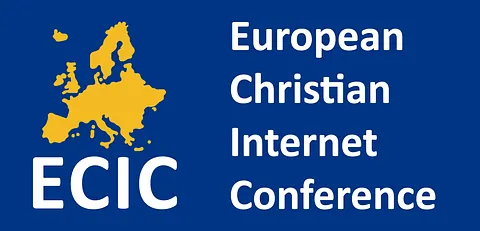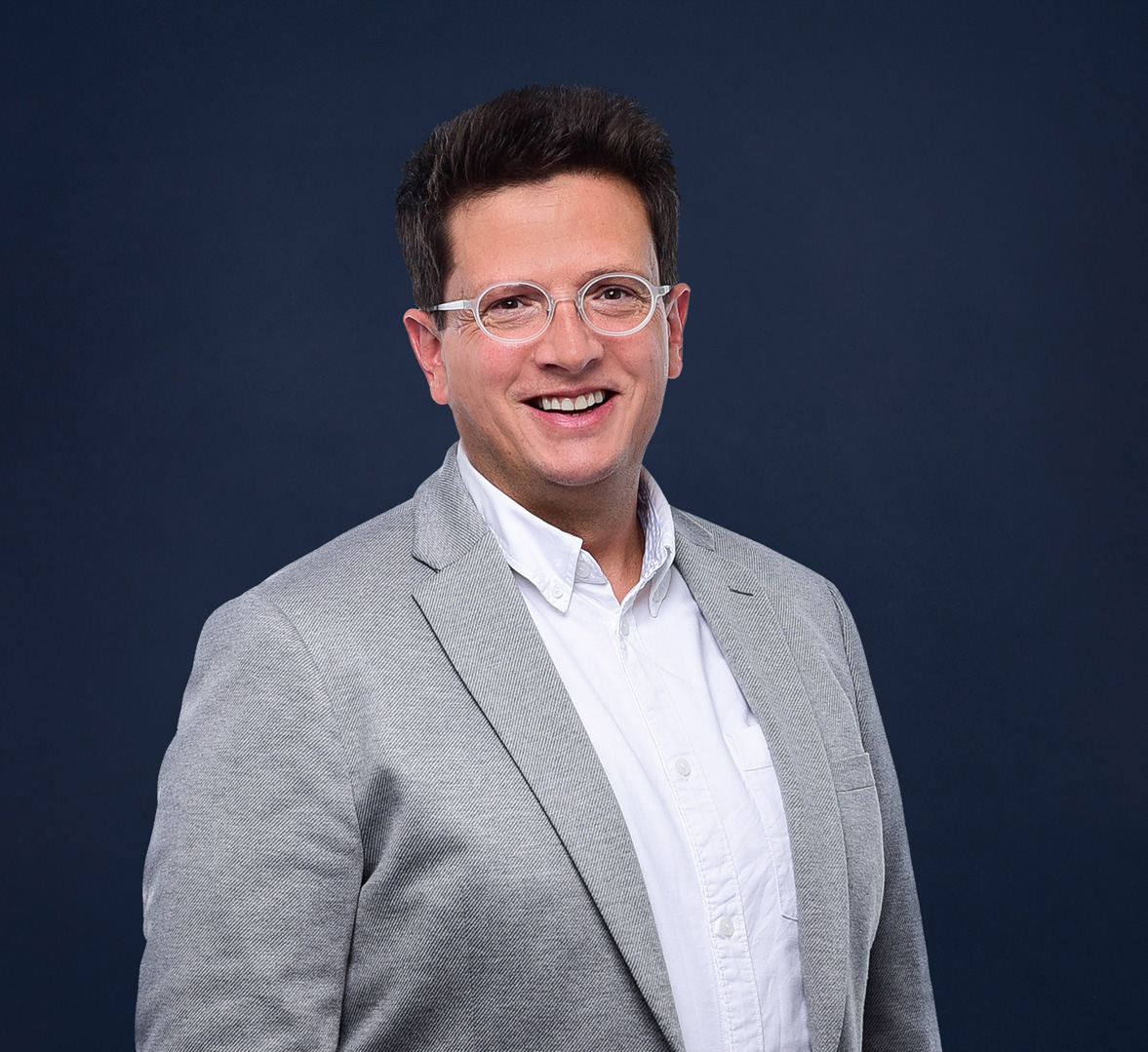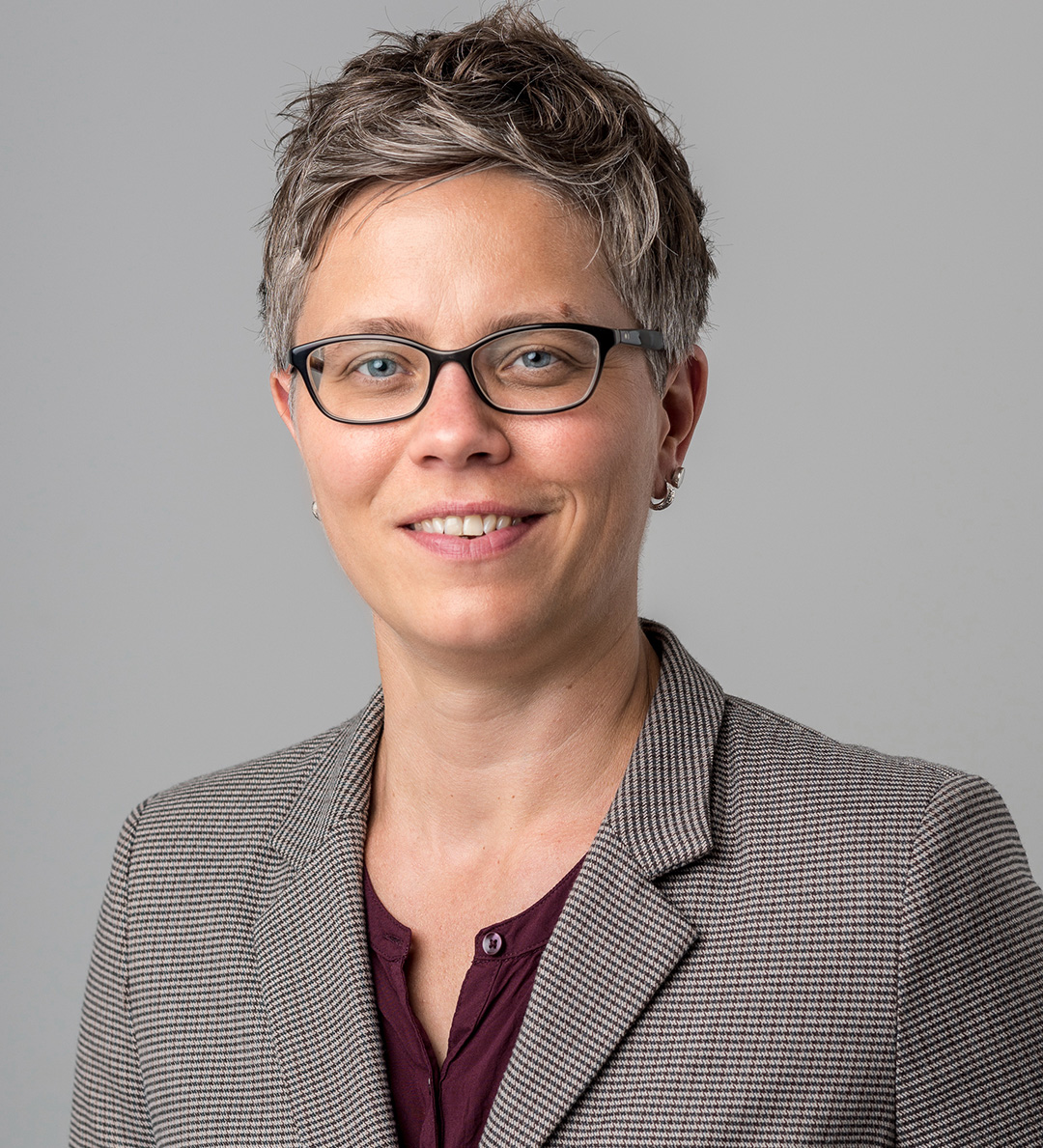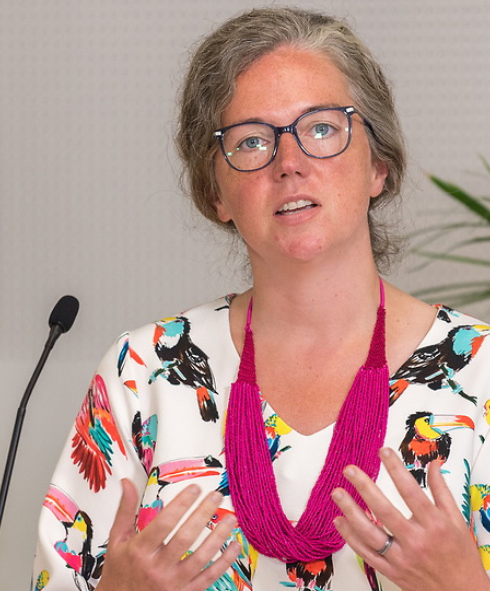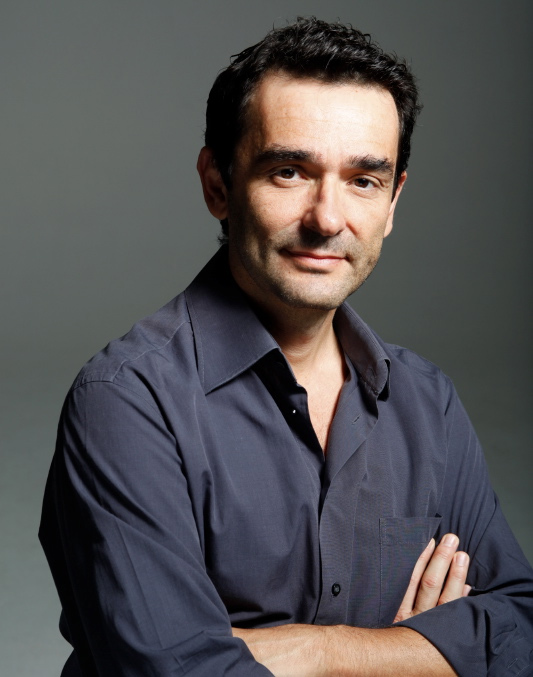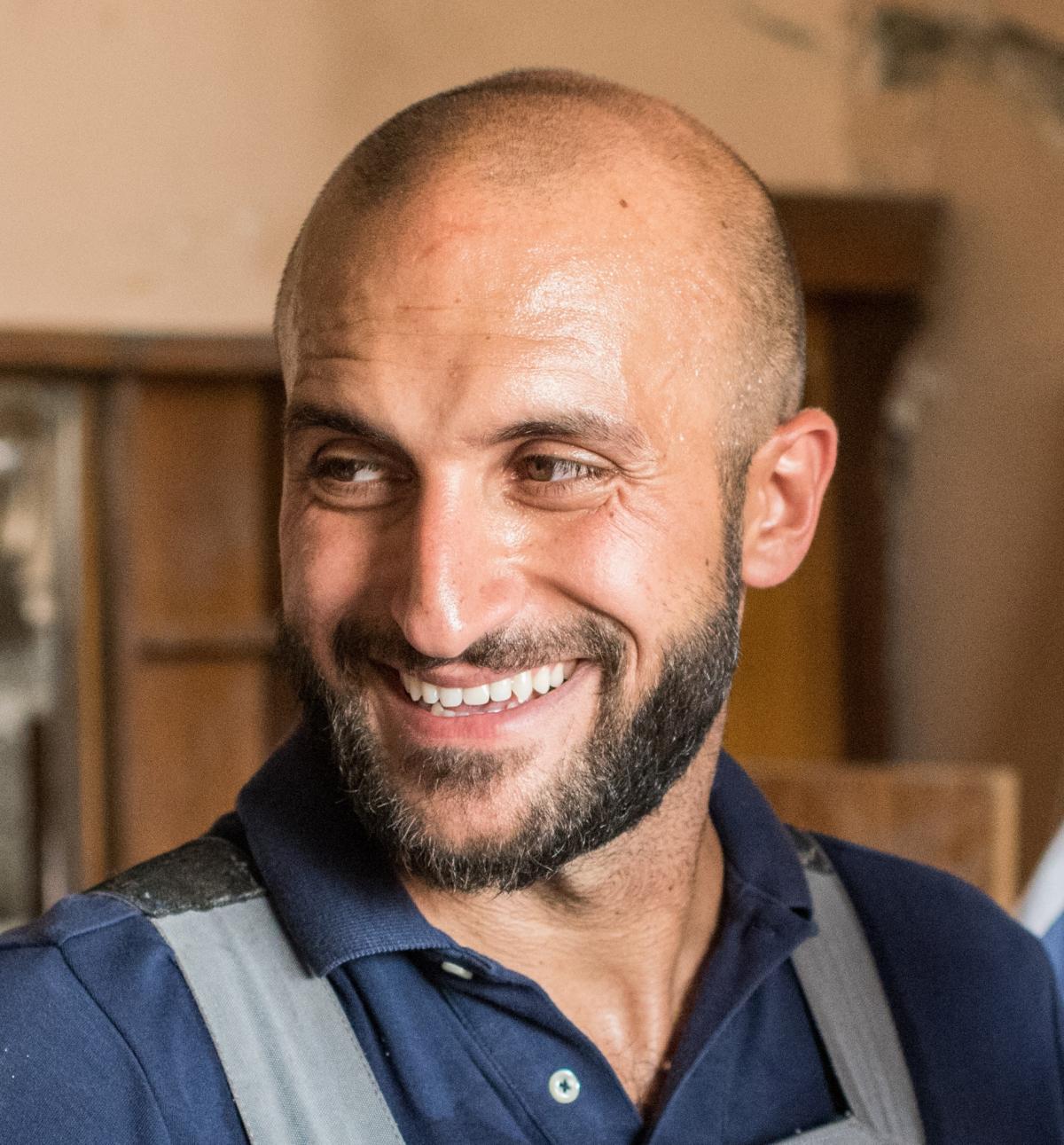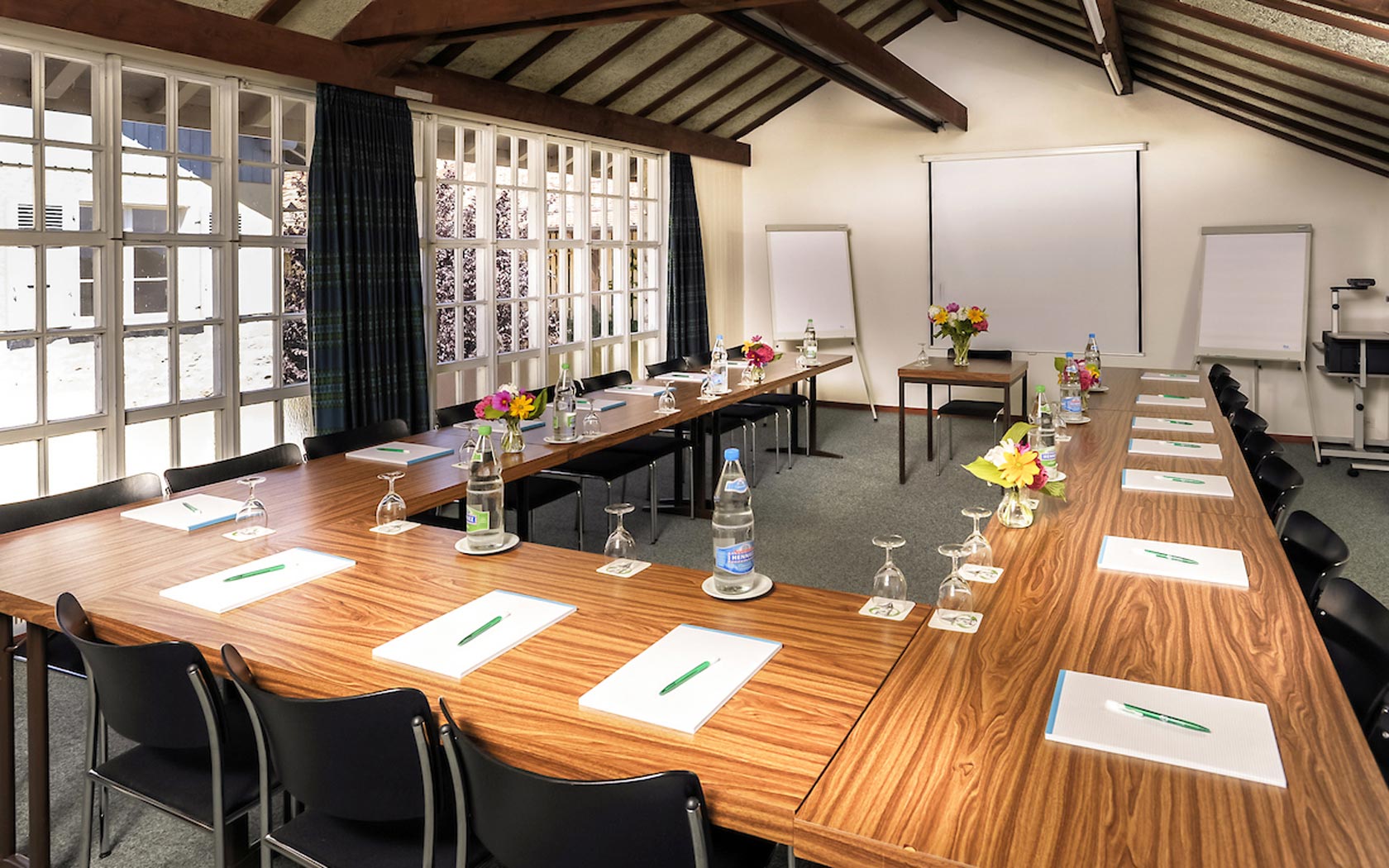Program 2024
What is truth? - Ethical and practical issues in the use of AI.
We will have some Keynotes as well as enough time to get to know each other and learn from each others experiences.
Monday September 9th
12.00 Registration, Meet and greet - coffee available (lobby of Chateau de Bossey: main entrance)
13.00 Lunch
14.00 Opening prayer
14.45 1st session, Information & introductions
15.30 Keynote 1: Dr. George Zarkadakis (online)
Gods, Robots, and Theory of Mind: How AI is unlike anything else we made.
Questions
16.30 Coffee break
16.45 Keynote 2: Prof. Dr. Holger Sievert
Artificial intelligence as a (non-)topic of two large
European churches.
Questions
17.45 Group discussion/Networking
18.30 Tell your story 1 & 2 (2 parallel groups)
19.00 Dinner
20.00 Social evening (salon Brun)
Tuesday September 10th
9.00 Morning prayer
9.30 Keynote 3: Christine Ulrich
(online)
The search for truth in journalism in the face
of political and technical challenges.
Questions
10.30 Keynote 4: Hovig Etyemezian
Ethical and practical issues in the use of AI from UNHCR’s perspective.
Questions
11.30 Coffee break
11.45 Tell your story 3 & 4 (2 parallel groups)
12.15 Lunch
13.40 Departure to Geneva
Programme in Geneva:
14.30 - 16.00 CERN Science gateway visit
16.30 - 18.00 Geneva Reformation city tour
19.00 Dinner Geneva (Bains de Paquis)
21.00 Departure to Bossey
Wednesday September 11th
9.00 Morning prayer
9.30 Keynote 5: Dr. Erin Green
“GPTs Gone Good: Custom AI for Communication Rights”.
Questions
10.30 Tell Your Story 5
11.00 Short stories: 5 min (in plenary)
11.30 Coffee break
11.45 ECIC Annual meeting, feedback on the conference
12.45 Closing & Journey blessing
13.00 Lunch
14.00 Departures
*Conference Locations
All conference sessions will be held in the "Hexagon" room at the Bossey conference building.
All meals will be served in the restaurant.
Opening and morning prayers will take place in the chapel.
Keynotes:
Prof. Dr. Holger Sievert, Cologne: "Artificial intelligence as a (non-)topic of two large European churches"
Empirical findings from a survey of almost 1,500 church employees as well as own current observations and recommendations.
Holger Sievert is one of those who have conducted the most extensive empirical studies on digitalisation and the churches in recent years. His university was the first in Germany to explicitly allow AI to be used in students' project work.
Christine Ulrich, Munich: “The search for truth in jour-nalism in the face of political and technical challenges”
The present is politically (“post-factuality”) and technically (AI) challenging. Journalism has always tried to understand and convey reality. But how can it still report truthfully when everything can be fake, when everything can be misused politically?
Christine Ulrich is a journalist (Evangelischer Presseverband für Bayern) and media ethicist; she is currently writing her doctoral thesis on “The truth discourse in its significance for journalistic work” at the Catholic University of Eichstätt-Ingolstadt.
Erin Green, Brussels: “GPTs Gone Good: Custom AI for Communication Rights”
Dive into the world of Generative Pre-trained Transformers (GPTs) and explore how you can leverage custom AI to champion communication rights. We'll look at building custom GPT models to amplify your advocacy efforts and keep your outreach in pace with digital advancements.
Erin Green, PhD is a communicator and AI specialist with expertise in the non-profit and academic sectors. She works with organizations to help them leverage the power of AI and understand the ethical impact of these technologies.
George Zarkadakis, Zug: “Gods, Robots, and Theory of Mind: how AI is unlike anything else we made."
The idea that inanimate objects may possess agency, and indeed a mind, is very much older than the birth of AI in the 20th century. In his talk George will trace the seismic waves of that evolutionary singularity from its prehistoric origins to the modern era and argue that our quest for machines that think is deeper and more profound than mere utilitarianism. AI is a technology that can remould our species into a meta-species that transcends physical boundaries. In essence, this means humans acquiring god-like features and abilities.
George Zarkadakis is author of fiction and non-fiction, and the Chief Innovation Officer of Syndesis Health Inc., a healthcare data and AI company. He holds a PhD in AI in Medicine. He has over long experience in management consulting, media, marketing, and communications; as well as in digital strategy and innovation. He is a Fellow of the Royal Society of Arts and a global thought leader on the impact of AI on society, business, and politics.
Hovig Etyemezian, Head of Innovation Service at United Nations High Commissioner for Refugees (UNHCR): "Ethical and practical issues in the use of AI from UNHCR’s perspective."
Hovig Etyemezian is heading United Nations High Commissioner for Refugees’ (UNHCR) innovation department since June 2019. Immediately prior to his current position, Hovig was the head of UNHCR office in Mosul, Iraq. He joined UNHCR in 2006, and has served ever since in Lebanon, DR Congo, Algeria, Mauritania, Iraq, Jordan and Tunisia; mostly overseeing UNHCR’s Humanitarian/Emergency response operations. Prior to his humanitarian career, Hovig served with various human rights and peace building organizations, coordinated a United Nations Development Programme (UNDP)-funded Rule of Law programme in the MENA region and founded/ managed a newspaper in Costa Rica. Hovig holds a Master’s degree in Gender and Peace-building from the UN University for Peace in Costa Rica.
